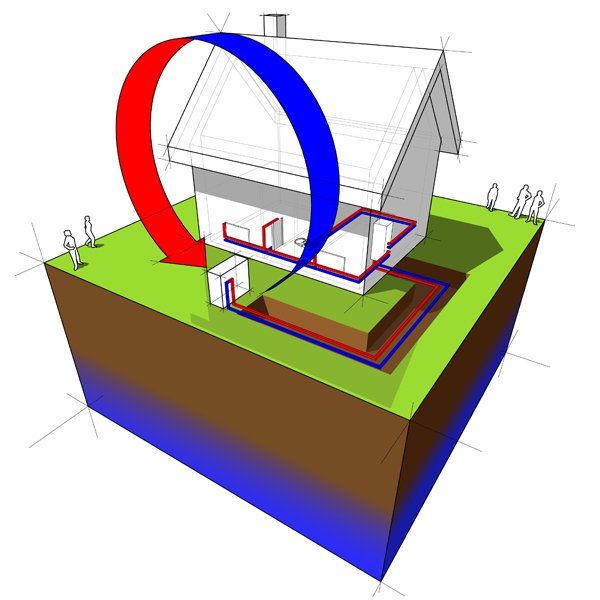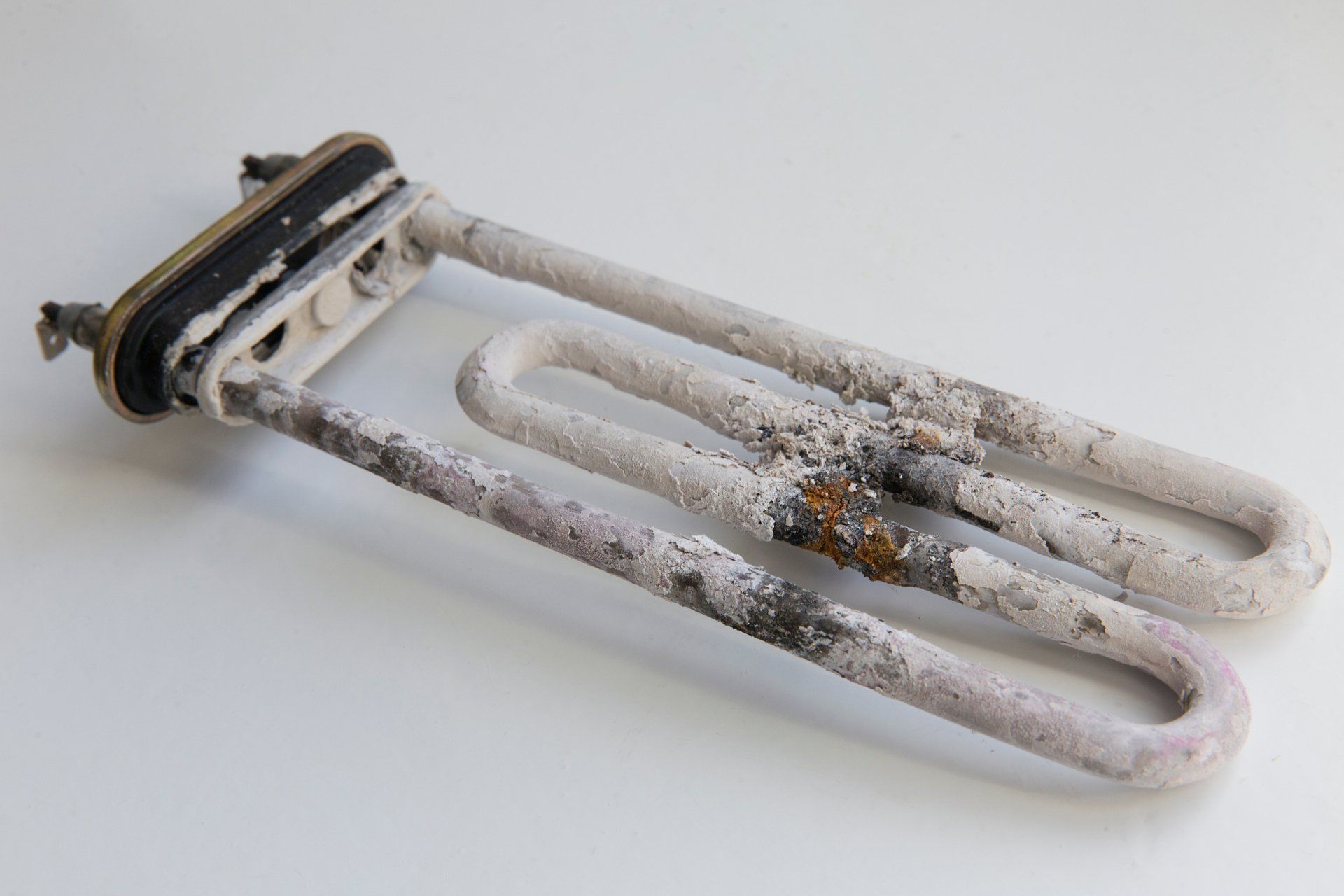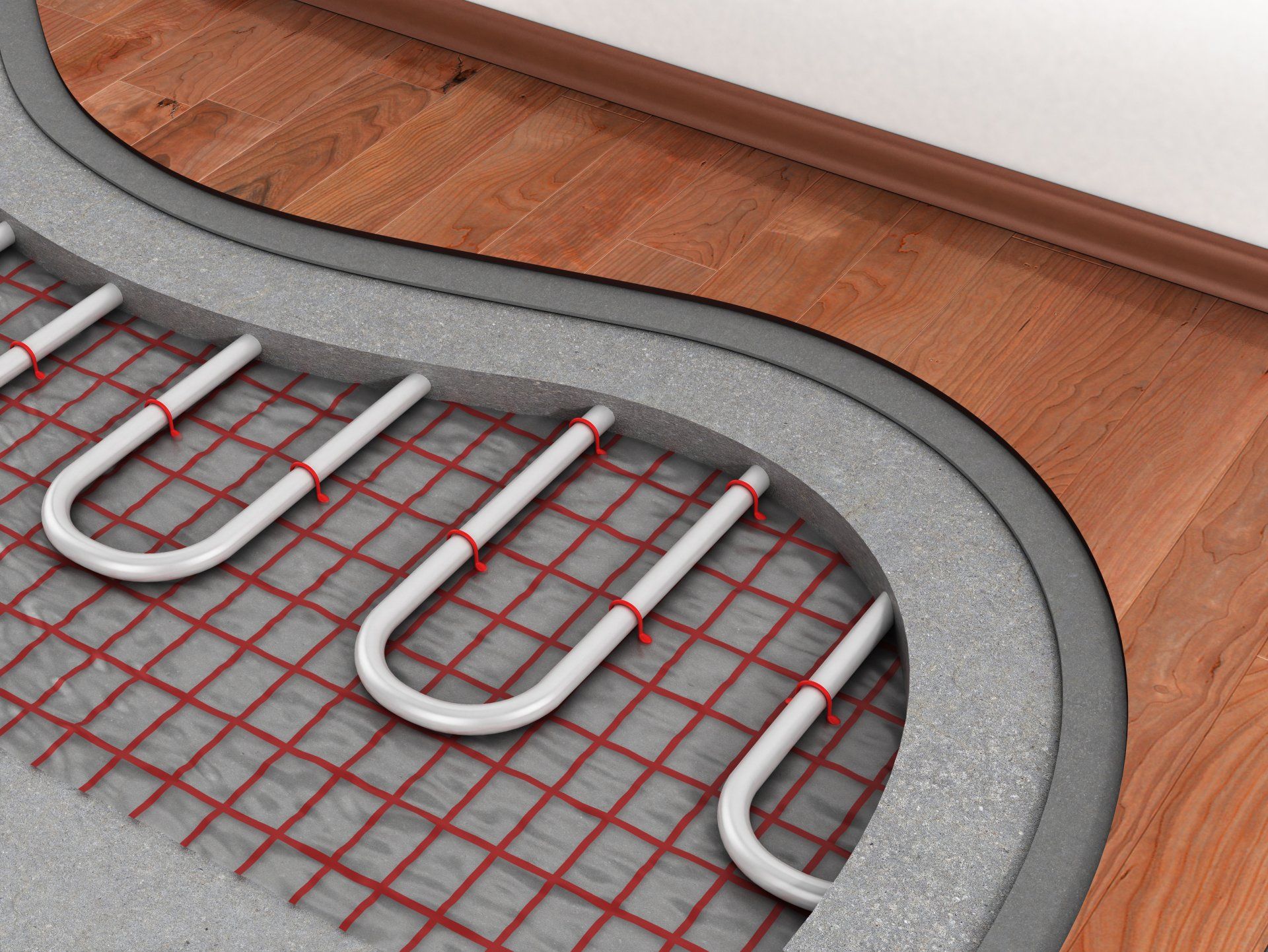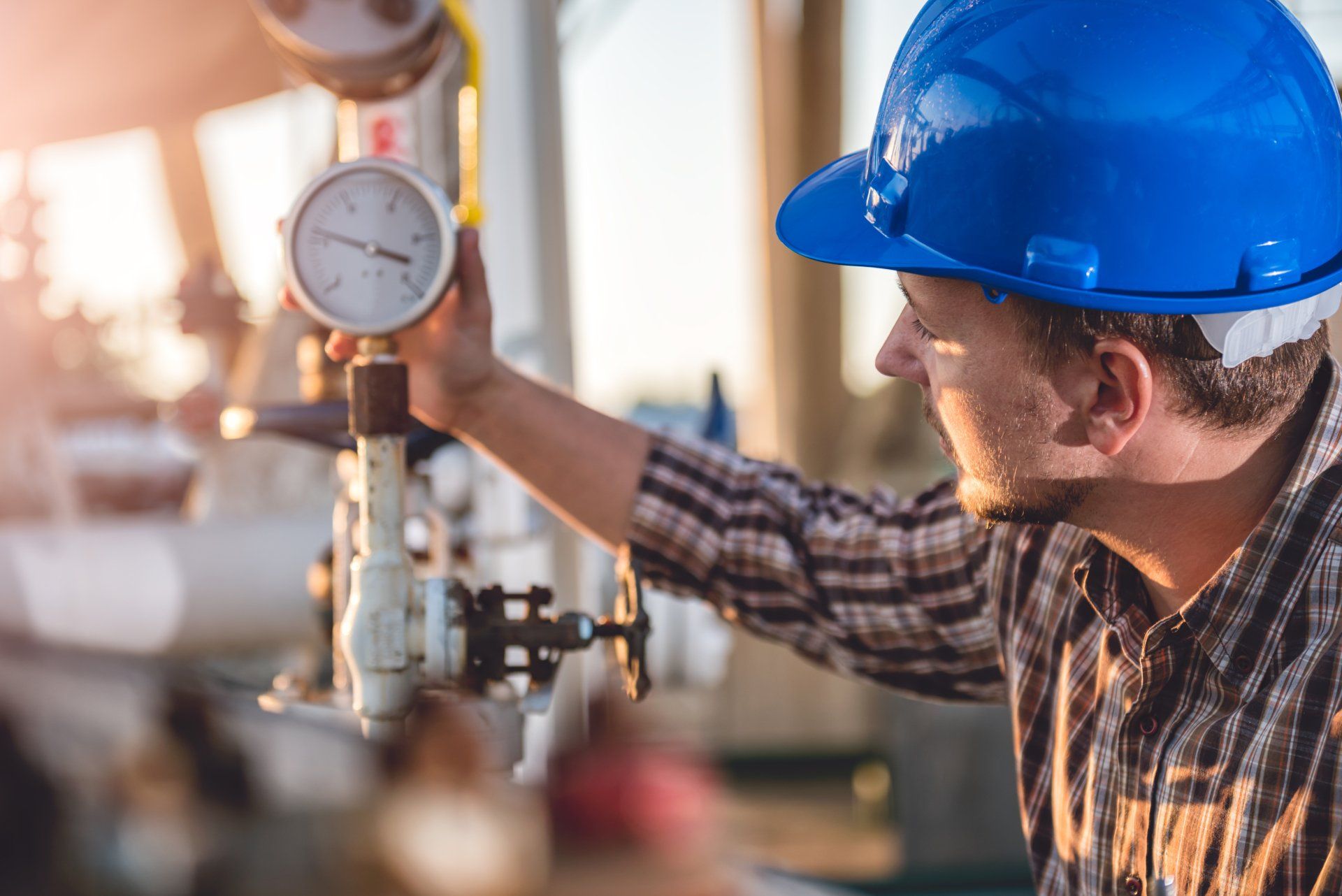Blog
Did you know that the average air source heat pump is around 400% efficient?

Have you ever stood near or behind a fridge and felt the fan pushing out warm or hot air? Well, an air source heat pump works in the opposite way. It uses electric (in the same way as a fridge) to push energy (heat) into your home and expel the cold air via the unit (mounted outside.)
For those of you visualizing your electricity meter ticking away, you might be surprised to know that the average air source heat pump is around 400% efficient. This means you put roughly a £1 in and you get approximately £4 worth of energy out!
So, if they’re that good, why are they not as popular as other more traditional boilers or ground source heat pumps? A lot of people are put off due to the increased initial install cost and don’t seem to be able to see beyond this.
Due to the fact that air source heat pumps are highly efficient heating systems, they do have the potential to lower your energy bills but this will of course depend on the current heating system you have in place. However, this is not the only financial benefit to installing an air source heat pump. You can currently actually earn money from having one of these clever pumps installed. Indeed, the kind of money you can earn from these pumps could cover the initial installation cost!
Renewable energy is cost efficient and helps the environment
Most people are familiar with schemes and subsidies offered to people who use renewable energy sources at home and sell their energy back to the grid, not only helping to lower their energy bills but improving their carbon footprint, too. The Renewable Heat Incentive will pay homeowners that have invested in renewable technologies and air source heat pumps come under the “renewables” umbrella. So, if you don’t fancy installing a wind turbine in your front garden, you could still be paid quarterly over 7 years, potentially seeing you earn back the initial costs – probably worth noting at this point that only air-to-water heat pumps are eligible, not air-to-air heat pumps.
That said, for all the eco-warrior money-saving experts out there, you could turn your property into an entirely self-sufficient energy hub, by using PV (photo-voltaic) panels on your roof or mounted in your garden to off-set the electricity used to run your air source heat pump! On the eco-warrior front, it’s also worth noting that air source heat pumps generate less CO2 than more conventional heating systems.
For optimal cost-efficiency, due to the fact that the heat produced by ASHPs is at a lower temperature than that produced by more traditional heating systems, it’s recommended to use a pump in conjunction with underfloor heating rather than radiators. That said, valuable savings can still be made, even with radiators.
Save energy, save money, save the planet!
Similar to PV panels, air source heat pumps are often referred to as ‘fit and forget’ technology. Even if you’re a landlord, have a second property or occasionally do an Air B&B let, you can forget about having to call a plumber or gas engineer out for your yearly service or maintenance certificate. These marvellous pumps require very little maintenance and can be left alone to get on with efficiently heating your home. It is, however, recommended, but not a legal requirement, to have the appliance serviced annually to make sure it’s operating well and this is particularly true if it has been fitted near to a hedge or tree where falling leaves or debris need to be cleaned from the grill to improve efficiency.
A standard, good-quality, modern combi boiler lasts approximately fifteen years and is legally required to be serviced in rental properties every year. The operating life of an air source heat pump is up to 20 years, with some even stretching as far as 25 years and it does not legally require servicing, even for rentals. Currently, the approximate cost for a standard boiler service is between £60-£80. Clearly over time, as with all things, this price could increase but if we say £75 on average over 15 years, that’s a cost of £1125 that a landlord could save on servicing and potentially have a fully-functioning, highly-efficient, environmentally-friendly way of heating his/her property for another ten years on top!
So how much are we talking to have an air source heat pump installed, including all parts and labour? in a typical home, it can cost between £4,000 – £11,000. This may sound like a hefty price tag but when you consider that it could be efficiently heating your home for around 25 years with greatly reduced heating bills, earning potential through RHIs (Renewable Heating Incentives) and little to no maintenance, it will soon start paying for itself.
Homeowners that have invested in and installed the latest A-rated boilers can rest assured that they already have an efficient heating system that will be able to heat their home at high temperatures. However, as efficient as your boiler might be, you won’t be able to benefit from potential RHI payments and your boiler may not last as long as the “fit and forget” technology you would find in an air source heat pump.
If you’re moving into a new build or live in an off-grid home that’s well-insulated then an air source heat pump would be a long term investment that, when partnered with underfloor heating, could see your energy bills reach a new low!
If you are interested in installing an air source heat pump in your property, why not give me a call for a chat or a free no-obligation quote on 01983 608308 or
send me a message.
Share this story
More articles











